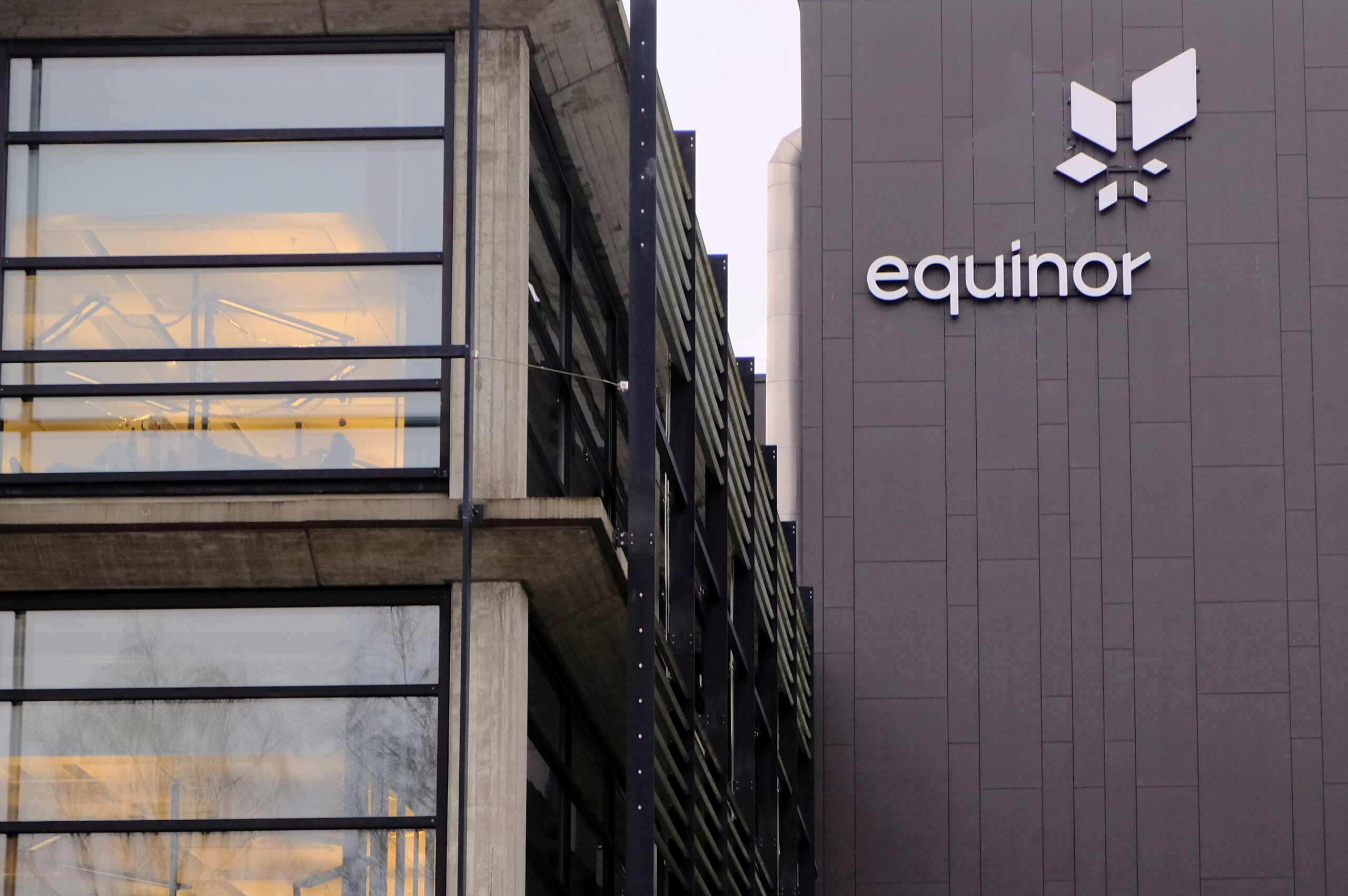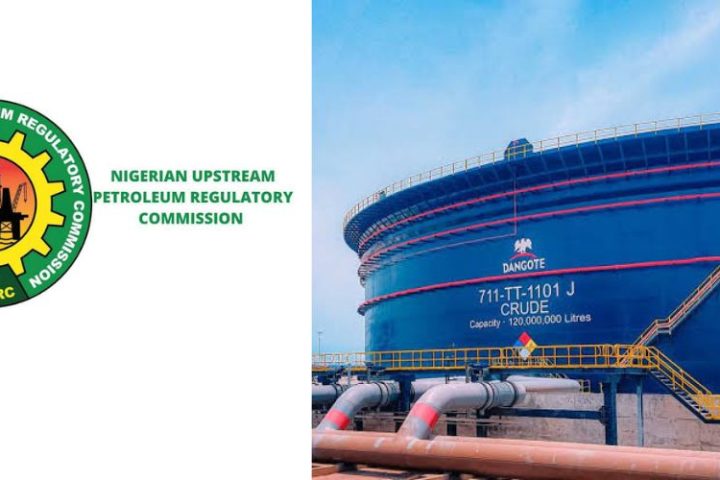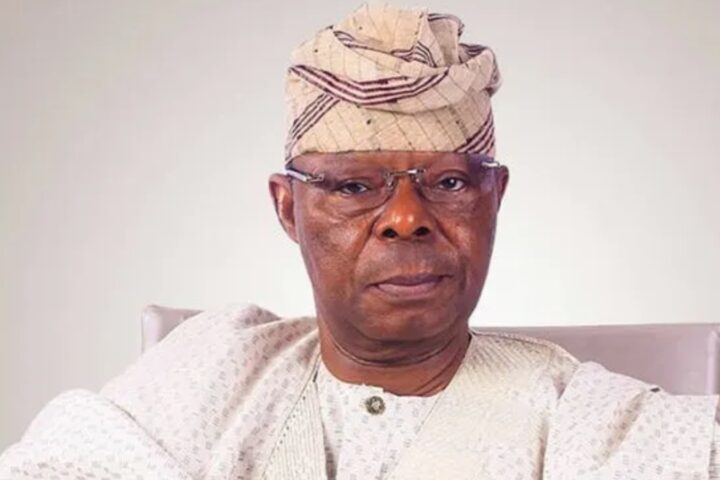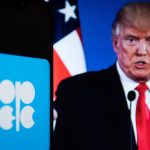In a development within the oil and gas sector, Chappal Energies, a Nigerian-owned energy company, has sealed a deal to acquire Equinor’s Nigerian business, including a stake in the Agbami oil field. Equinor, a Norwegian energy group, confirmed the transaction in an announcement on Wednesday.
Nina Koch, Equinor’s Senior Vice President for Africa Operations, highlighted the move, stating, “Chappal Energies is a committed Nigerian-owned energy company with the ambition to develop the assets further, contributing to the Nigerian economy for years to come.”
Join our WhatsApp ChannelUfoma Immanuel, Managing Director of Chappal Energies, expressed enthusiasm for the acquisition, emphasizing the company’s commitment to value creation, environmental stewardship, and community engagement.
READ ALSO: Nigeria’s Oil Production Prospects: Meeting OPEC Quota, Economic Growth
Immanuel stated, “Value creation, environmental stewardship, and community engagement are at the heart of everything we do, and our social and development impact will be the most important measurement of our success.”
However, the deal’s closure remains subject to specific conditions, including regulatory and contractual approvals, as highlighted by both companies.
Simultaneously, Nigeria’s oil output situation has sparked debates within OPEC+ regarding the country’s target for 2024. Disagreements arose among the consortium regarding production quotas, delaying the latest meeting.
Consultancy firms hired by OPEC to assess Nigeria’s capacity to achieve a 1.58 million barrels per day (bpd) output in 2024 have expressed skepticism.
Reports from two out of three consultancies suggest Nigeria might not reach the proposed output level, complicating negotiations within OPEC.
Nigeria’s efforts to boost output through reactivating dormant oil fields and addressing security concerns face challenges amidst disagreements over its production targets.
Despite Nigeria’s aspiration to elevate its oil production, factors such as underinvestment and unrest in the oil-producing Delta region have constrained its output in recent years, impacting the country’s revenue streams.
Gabriel Aduda, Nigeria’s governor to OPEC, expressed confidence in the findings of the consultancies, aligning with the country’s ambitions for increased production.
The upcoming OPEC+ meeting will hinge on these assessments, determining Nigeria’s actual capacity and its implications for the consortium’s production decisions.
Emmanuel Ochayi is a journalist. He is a graduate of the University of Lagos, School of first choice and the nations pride. Emmanuel is keen on exploring writing angles in different areas, including Business, climate change, politics, Education, and others.


















Follow Us